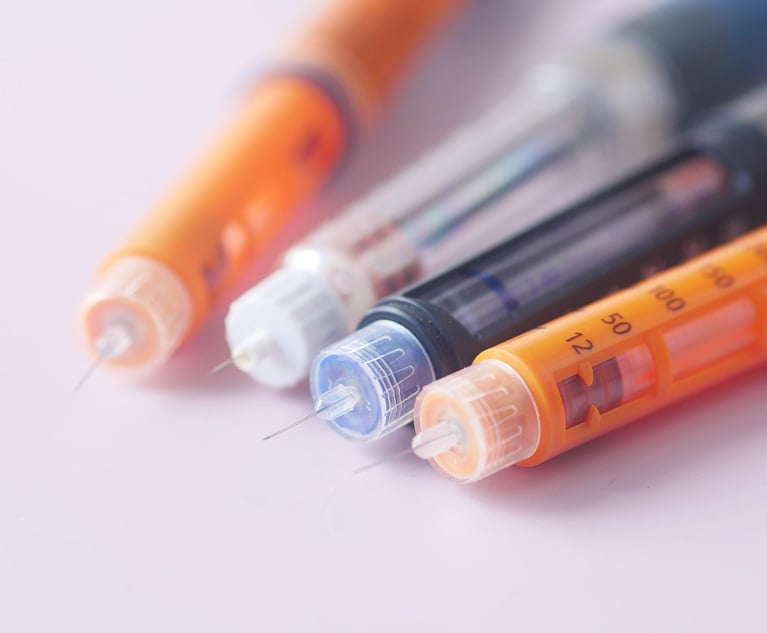New Jersey Court Rule 3:28, initially called “Defendant’s Employment Program” when first adopted in 1970, but known as “the pretrial intervention program” (PTI) since 1974, has now permitted diversion from criminal prosecution for almost 50 years. The program was relatively informal and permitted two three-month postponements of prosecutions in indictable cases when it was believed that a defendant, and in turn the community, could benefit from employment or other training or treatment and, also, increase the possibility that the defendant would not become a recidivist. Chief Justice Richard J. Hughes was a champion of the program and, during his tenure, the Supreme Court required that the program become available statewide. While most county prosecutors recognized both the benefits of the program in terms of the effort to reduce recidivism and reduce caseload in warranted cases, a battle ensued between prosecutors and judges in terms of enrollment of defendants over the objection of prosecutors whose consent was required under the wording of the rule. The prosecutors ultimately challenged the Supreme Court’s authority to promulgate a procedure to dismiss criminal cases in advance of trial without their consent and even over their objection. The dispute was eliminated first by the Supreme Court’s holding, in State v Leonardis, 73 N.J. 360 (1977), that the prosecutor’s failure to consent to enrollment was subject to a very limited “patent and gross abuse of discretion” scope of review, and ultimately by adoption of the program as part of the Code of Criminal Justice in 1979. N.J.S.A. 2C: 43-12 to -20 (“supervisory treatment”). Rule 3:28 and its implementing guidelines were modified to conform with the code.
The rule and implementing guidelines were revised and updated over the years, based on amendments to, and requirements of, the Code of Criminal Justice, and the rule was re-promulgated last year. Since 1970, when every defendant charged with a crime could apply for PTI (without any express limitations), admission has become more difficult and, among other things, the rule has evolved and now provides that certain persons are ineligible for enrollment or cannot apply without prosecutorial consent; there are presumptions against enrollment, the diversion can occur for up to three years, and the admission process became even more adversarial than originally provided. Denials of enrollment in the Law Division cannot be appealed until a final judgment of conviction is entered, but the prosecutor has the right of an appeal if a defendant is enrolled over objection.


 Fotolia
Fotolia




